The Kolkata Experience Of Iftar
Iftar has always held a special place in my heart. My first experience was in 2018 when I moved to Kolkata. My best friend followed Islam, and I was a frequent visitor to her place. Every evening, I would join them in breaking their fast. Their Iftar meal was usually tailor-made (everyone’s favourite foods were taken into consideration). So you can imagine what a sumptuous meal it used to be! When I joined them, their Iftar menu started reflecting my favourites as well. On days, I couldn’t join them, my friend would parcel the dishes home.
From Kolkata To Abu Dhabi To Dubai
In 2020, I moved to Abu Dhabi. That year, there was nothing much to do with the COVID scenario around. 2023- we moved to Dubai. It’s here that Amit, my husband, reconnected with his friends from school and college. This year, we were invited to one of his college friends’ houses for Iftar.
The invitation was not only to break the fast with them but also for the collegemates to reconnect.

Bringing people together beyond faith
Iftar brings families and communities together, allowing everyone to celebrate their faith and cultural differences, and this was indeed one such occasion. There were people from different faiths and communities who had come together, bound by the spirit of oneness.
Bohri Way Of Iftar
The experience was unique and very different from all the iftars I have witnessed to date. The friend is a Bohri Muslim (a very close-knit community) with some very distinct practices and traditions. For the Bohri community, it is food that brings and binds them together; food is integral to their culture. So being called for an iftar, which is also a very close-knit affair for them, was of very high significance; it signified them welcoming us and making us a part of their world.

The Iftar Feast
When it was time for Iftar, we were all offered a date to break our fast along with the hosts. That began the preparations. Their kitchen was in full swing, with a multiple-course meal being prepared for the feast, and the fragrant aroma of food wafted through the kitchen. Once the food was ready, large mats were placed on the floor called Safra, then came an elevated stand called Tarakti, followed by a large thaali called the thaal.
Significance of Salt
Once the thaal was placed, we were asked to sit around the thaal. Till all the members were not seated around the thaal the food wasn’t served. Waiting in anticipation, we were offered a small bowl of salt by the youngest member seated around the thaal. The significance of this custom is that salt is perceived as a cleanser and balancer, helps balance the taste buds, and therefore heightens the taste of food.

No waste, a taste to remember
After the salt tasting came a bowl of dessert (pav halwa). A meal always starts with desserts (perceived as auspicious). We were all handed disposable spoons, and each of us used our side of the thaal as our plate.
Then came the starters: fried cauliflower, raita, and tikkas with multiple chutneys. All food on the thaal had to be finished before the next course and the list of dishes arrived. The Bohris believe in no wastage of food.
The main course had some amazing, finger-licking food and started with a sweet (extremely healthy, low-sugar custard packed with fruits) and biriyani that we couldn’t stop eating, along with some fried papad.
It was a very unique experience we had, and we felt extremely privileged to be included in a personal experience like this.

Giving back: Charity as part of the celebration
There was a little handcrafted donation box kept as well, a box made by their 9-year-old. A tradition started by him is that every year those who come for iftar contribute to that box, which is eventually used to buy food for the poor and needy.





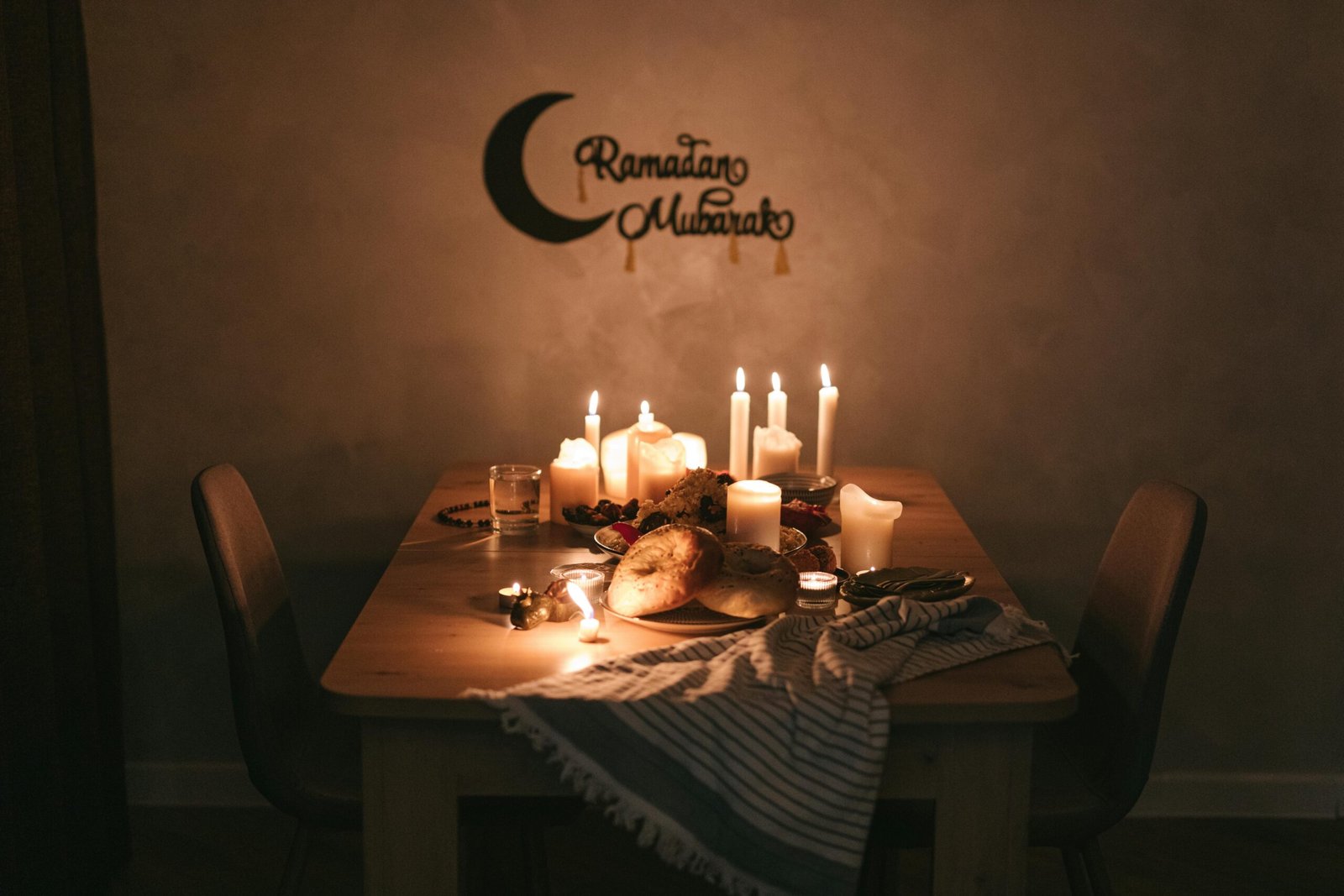

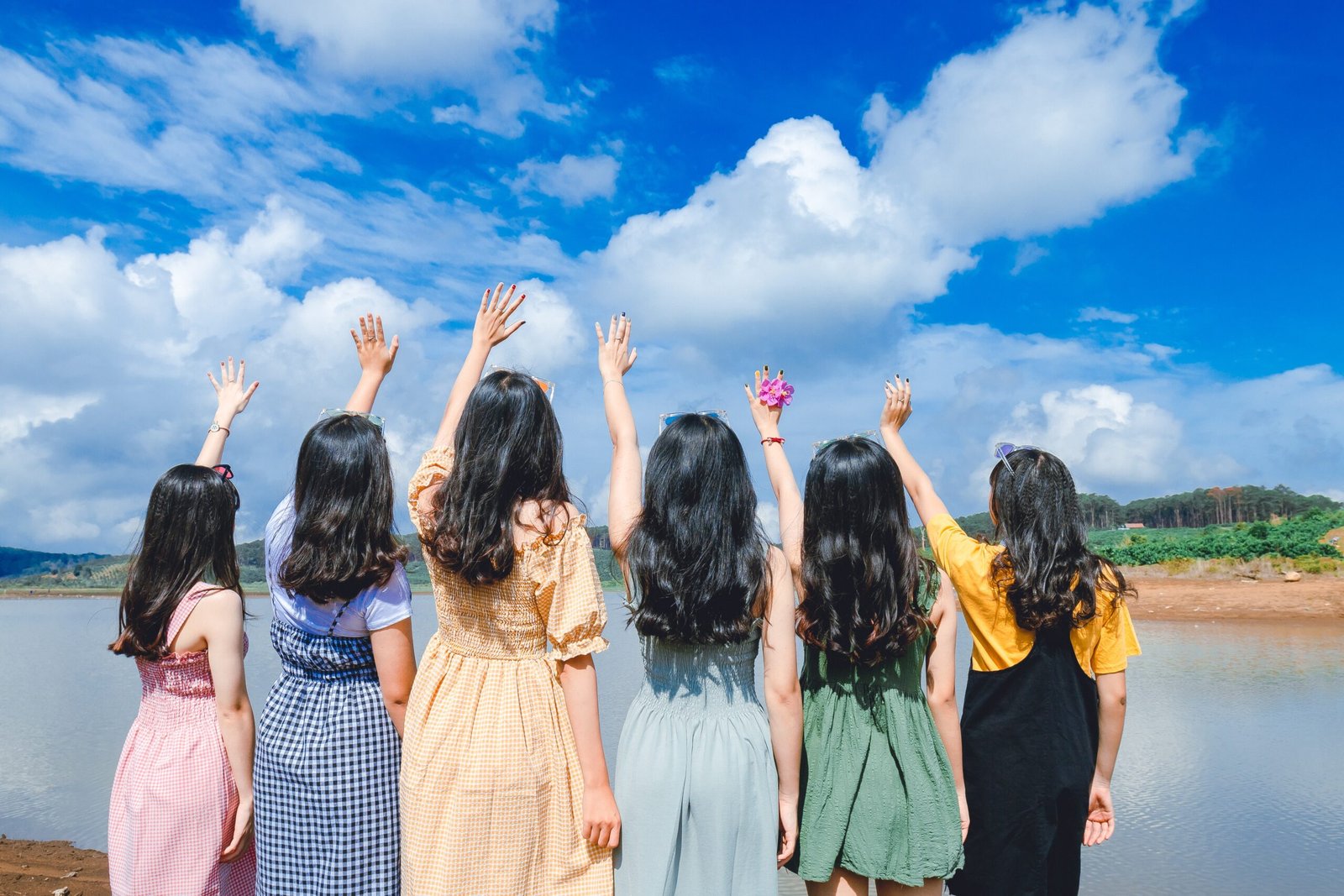

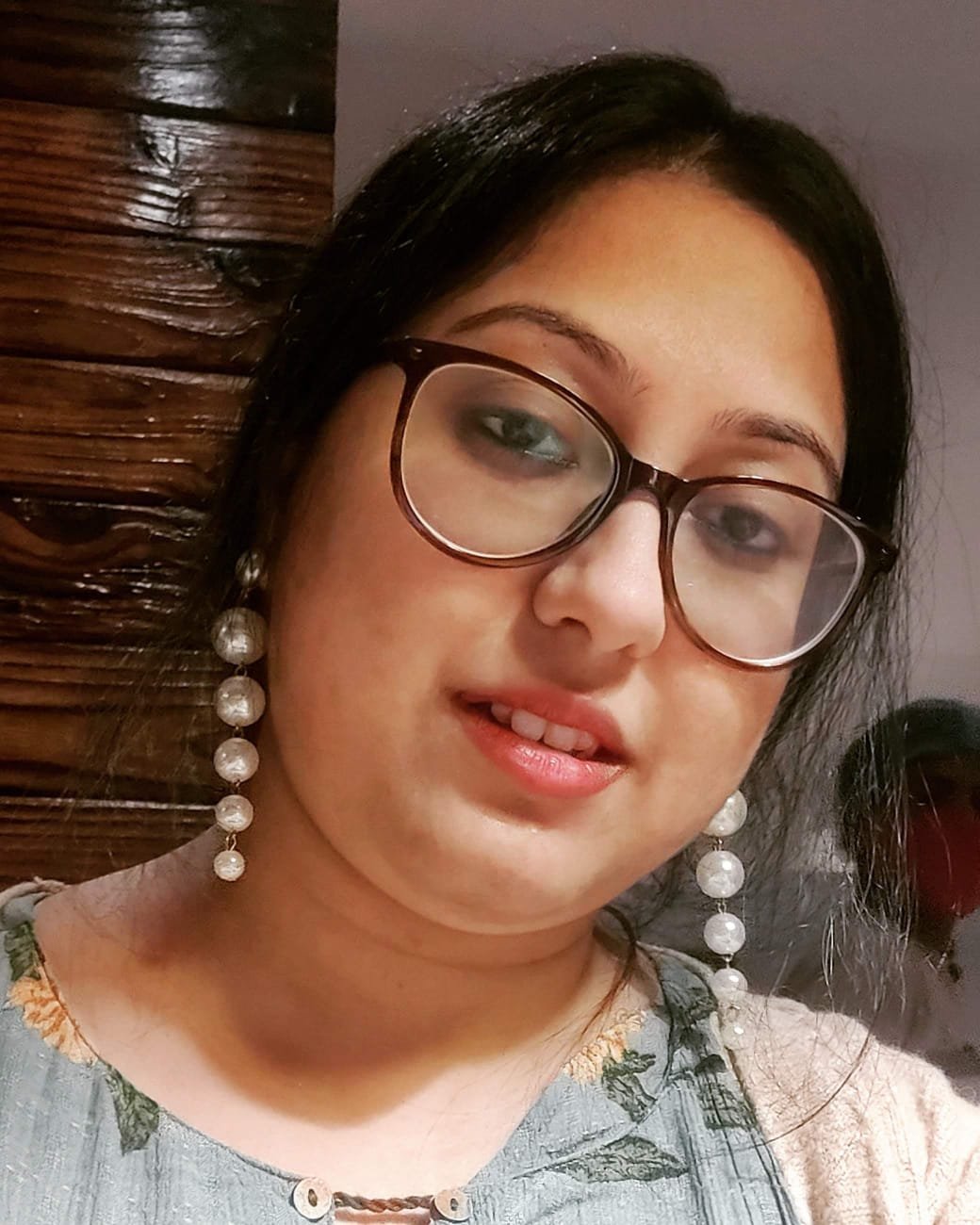
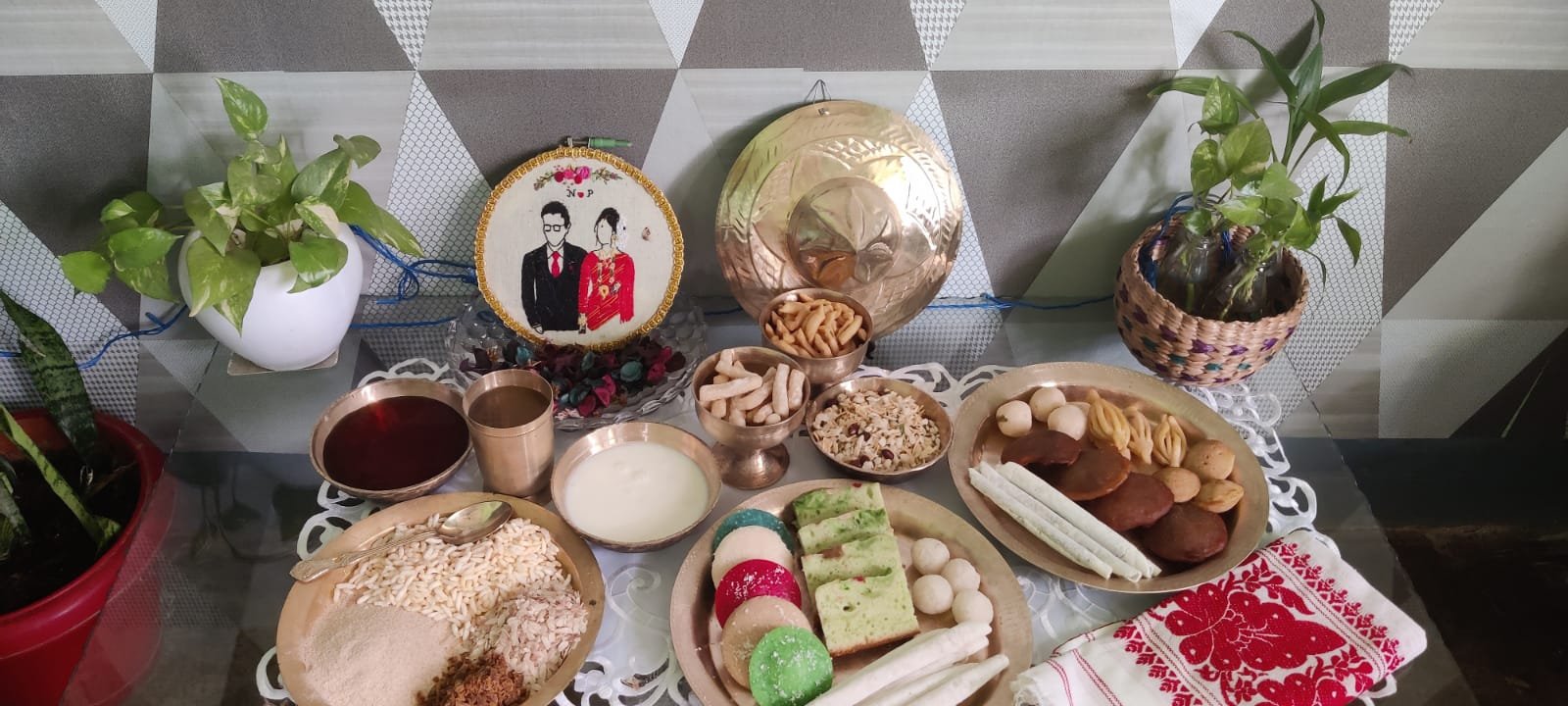





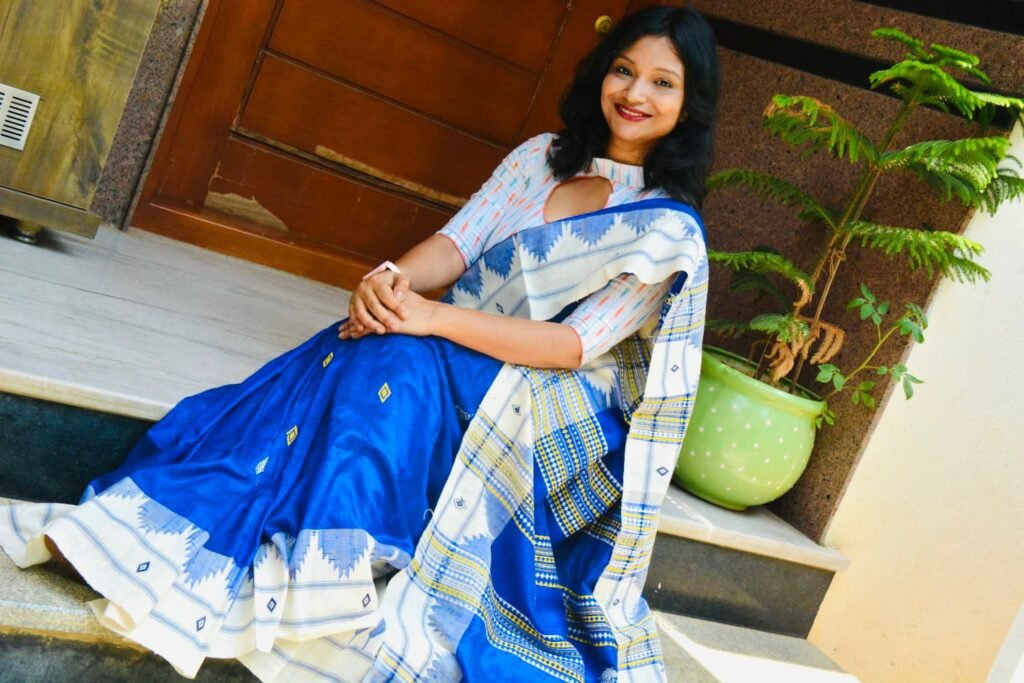
Facebook Comments